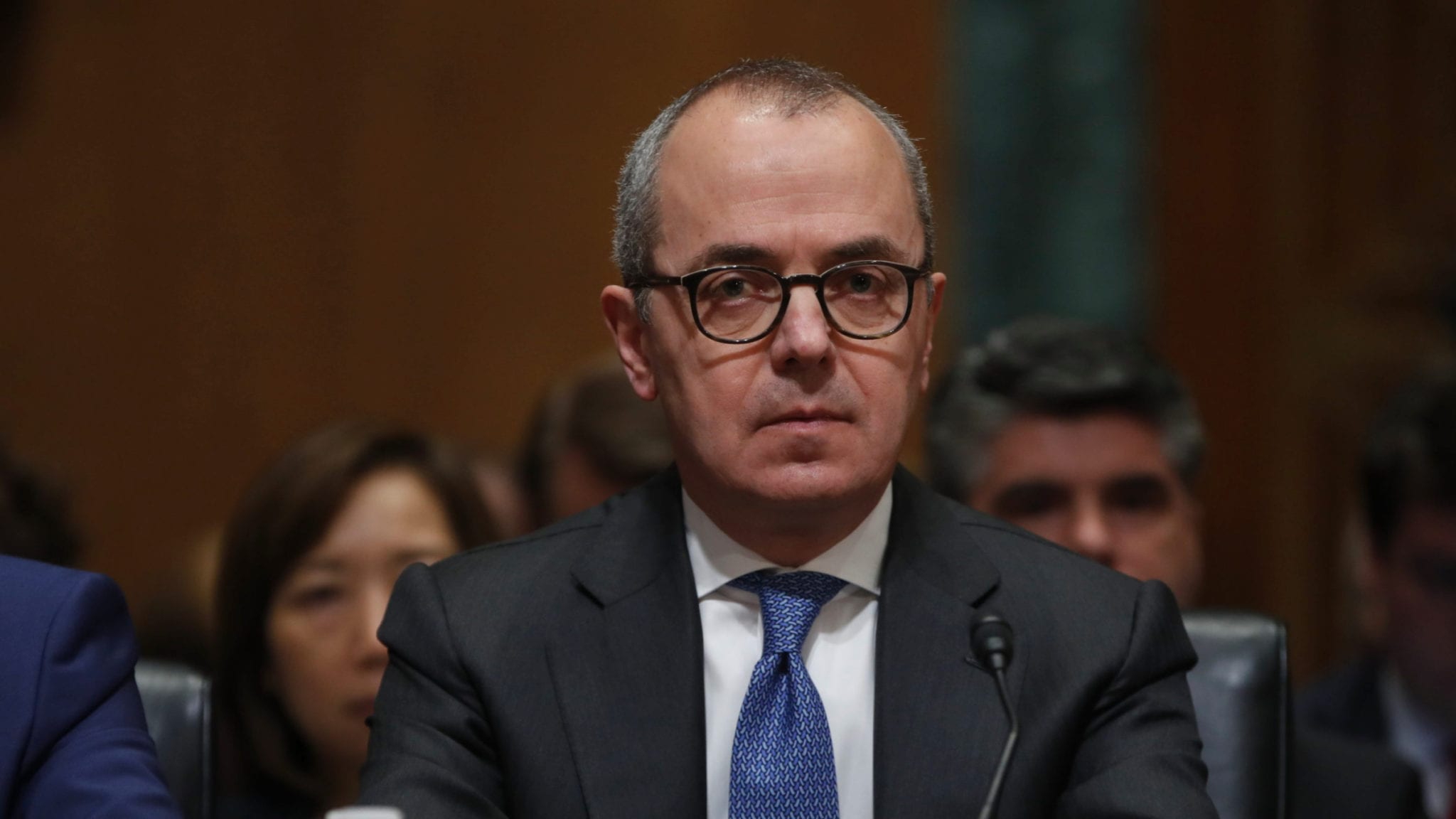
Giovanni Caforio, Bristol Myers Squibb CEO (Pablo Martinez Monsivais/AP Images)
Bristol Myers faces $1B+ tax fight after accidental disclosure reveals alleged offshore patents scheme — report
The IRS has battled Big Pharma for years over offshore patent transfer schemes, which it said have bilked the public interest by billions of dollars …
Sign up to read this article for free.
Get free access to a limited number of articles, plus choose newsletters to get straight to your inbox.